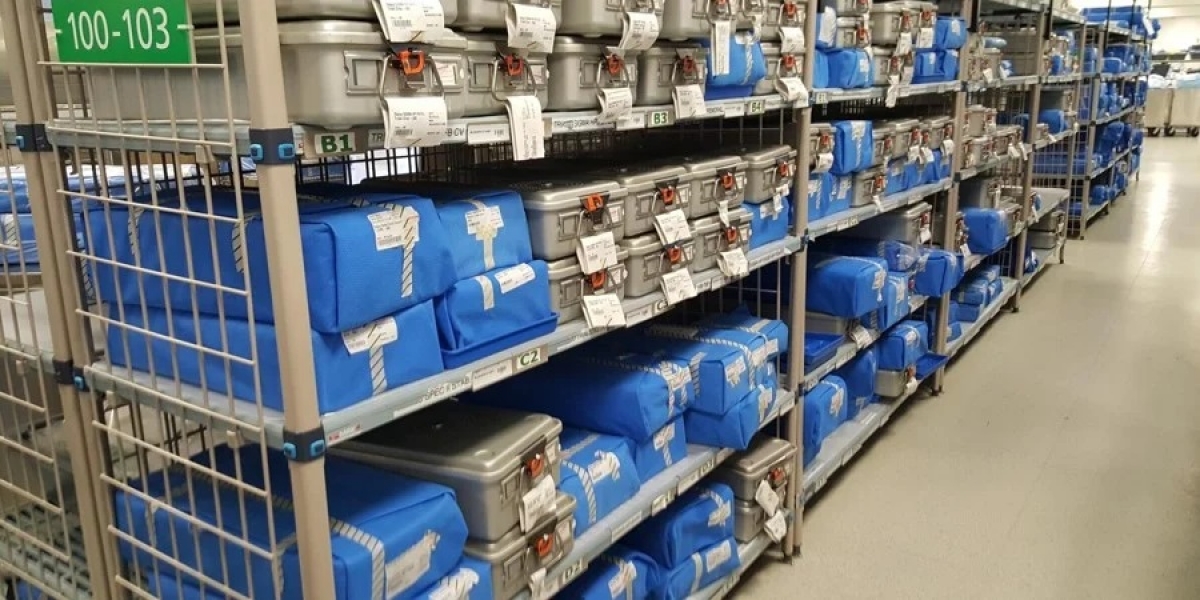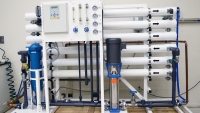In 2020, Case Medical faced shortages of raw materials, canisters to package our infection prevention products, and even disposable wipe materials. We learned that we needed options, alternative sources of supply, and even new equipment. We decided to invest in a wet wipe machine and filter cutting equipment so we could better meet needs within the healthcare industry.
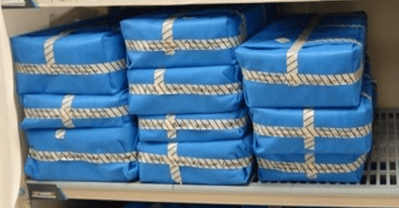
Recently, we spotted some Facebook chatter about facilities having trouble getting various sizes of sterilization wrap. This is similar (and related) to other supply chain challenges that have arisen throughout the pandemic, especially with masks, respirators, wipes, and surgical gowns. Though your wrap orders may be filled at 80% allocation, running 80% of surgeries IS NOT an option. Fortunately, Case Medical offers you an option—with universally compatible, reusable sterilization containers.
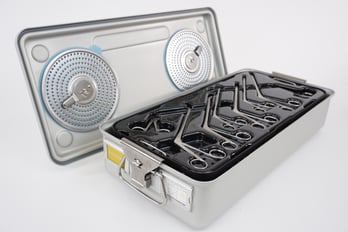
The right time to start is now
Sealed container systems are commonly known to save time and money, though some are concerned about taking on a large conversion project. You can keep your department and the OR running smoothly, without depending on your wrap supplier, and it’s not as overwhelming as you may think. Some commenters on Facebook had the same idea.
“Yes it would be a good time to switch to sterilization containers. Better for the earth too.. less trash.”
“Put as many things in pans as you can to save on [wrap]”
When transitioning from sterilization wrap to containers, many of our customers start small. For instance, some facilities allocate a certain percentage of their wrap budget to invest in containers. Others focus on their loaners, finding it much easier to manage loaner sets by dropping them into containers. Containerizing loaners eliminates surgical delays when staff find wet packs or holes or tears in wrap that require reprocessing. Either way, we can help you create a plan that works for your budget and your workflow.
Trim healthcare waste and spend
As an added bonus, moving to more sterilization containers will reduce waste. According to one source, the healthcare industry discards 255 million pounds of blue wrap each year. But it’s not just an environmental win, because waste is costly, too. Many people we speak to are surprised at how quickly a container purchase can reach ROI and begin to save your department money. For instance, one facility’s purchase of 224 sterilization containers saved their hospital ~$100,000 annually.
For additional assurance that you can continue processing sets, even in the event of a shortage of nonwoven materials, consider keeping some FlashTite® filter-less valve plates on hand. Yes, your existing SteriTite filtered container can convert easily to a reusable valve system. SteriTite containers, when fitted with FlashTite valve plates, are 510k cleared for steam IUSS cycles. Give them three minutes of dry time and the contents are virtually dry and safe for use and transport. FlashTite valves provide you with the alternative you may be looking for when wrap or even filters are in short supply.
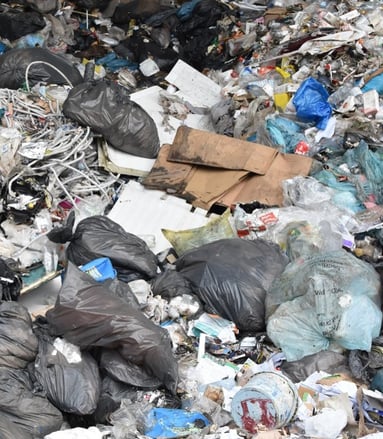

Made in America
Case Medical is a US manufacturer of quality products for sterile processing and infection prevention. In pre-pandemic times, most healthcare purchasers didn’t consider where their products were made. With supply chain challenges, more companies are looking for US-based suppliers to increase reliability and decrease delivery time. The US government, including the VA Health System, actively seeks products that are made in the USA.
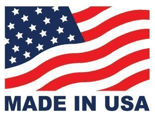
Get in touch with your Procurement or Logistics contact to understand the policies and considerations in your facility. If you are looking to increase sourcing from the US, know that all Case Medical products are manufactured in our FDA-registered, ISO-certified facility in Bloomfield, NJ.

Get started
If you want to talk with someone about how your department can get started with a phased transition from wrap to containers, please send us an email at [email protected] or contact your local Case Medical representative.


